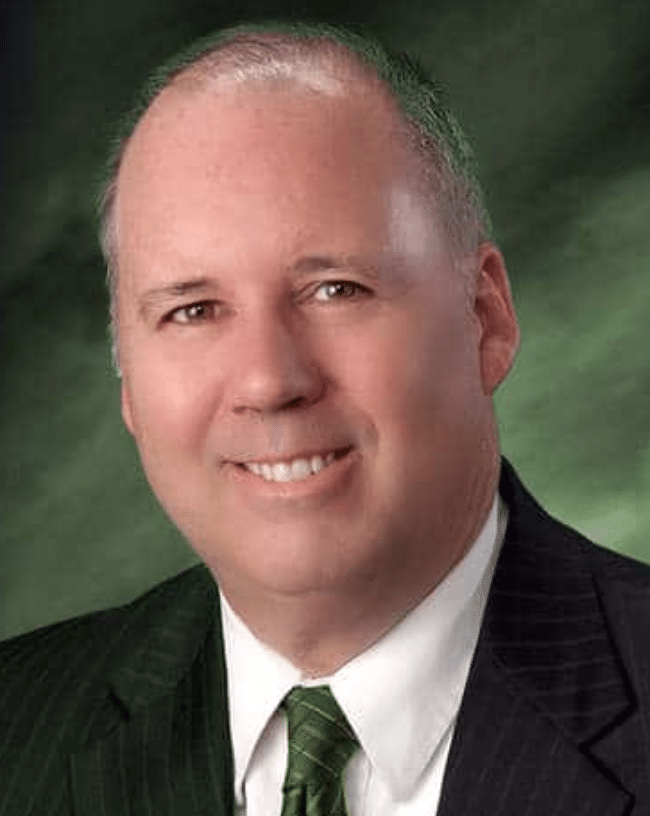The Role of Expert Witnesses in Criminal Trials
 Expert witnesses play a critical role in criminal trials, providing specialized knowledge to help the court understand complex evidence and issues beyond the average person’s understanding. Despite being hired by one side of the litigation, they must be impartial and objective because they are bound by professional and ethical standards to base their testimony strictly on their professional expertise.
Expert witnesses play a critical role in criminal trials, providing specialized knowledge to help the court understand complex evidence and issues beyond the average person’s understanding. Despite being hired by one side of the litigation, they must be impartial and objective because they are bound by professional and ethical standards to base their testimony strictly on their professional expertise.
What do expert witnesses do in criminal trials?
Here’s a breakdown of the key functions of expert witnesses in criminal trials:
- Provide expertise: Expert witnesses are typically professionals with a high degree of skill or knowledge in a particular field, such as forensic science, medicine, psychology, engineering, or finance.
- Educate the judge and jury: They explain technical or complex subjects clearly and clearly so jurors and judges can make informed decisions. This can include interpreting medical records, explaining forensic evidence, or clarifying financial transactions.
- Offer opinions: Unlike other witnesses, expert witnesses are allowed to offer opinions. They can provide hypothetical scenarios based on their expertise, discuss the likelihood of certain events, or suggest the reliability of certain types of evidence.
- Interpret evidence: In cases where the prosecution and defense present expert witnesses, each expert may offer differing interpretations or conclusions about the evidence, helping the jury weigh the evidence more critically.
- Assist in strategy: Their input can also be crucial in shaping the legal strategy of the parties involved, as their expert opinions can guide how lawyers present their cases, plan cross-examinations, or argue their points in court.
The credibility and manner of the expert witness can significantly impact the trial. An expert who presents well and is deemed credible by the jury can substantially influence the outcome of the case.
What types of expert witnesses testify in criminal trials?
In criminal trials, various expert witnesses can be called upon to testify, depending on the nature of the case and the specific issues involved. Here are some common types of expert witnesses you might encounter in criminal proceedings:
- Forensic experts: This category of experts includes various specialists who analyze physical evidence, such as:
- DNA analysts interpret genetic material found at crime scenes.
- Ballistics experts study firearms, bullets, and trajectories to link weapons to criminal activities.
- Fingerprint analysts compare fingerprints at the crime scene with those of suspects.
- Medical experts: These professionals provide insights related to injuries, cause of death, or medical conditions. They include:
- Forensic pathologists perform autopsies to determine cause and manner of death.
- Psychiatrists or psychologists assess mental health issues, including competency to stand trial or insanity defenses.
- Toxicologists analyze the effects and presence of drugs and poisons.
- Mental health experts: Psychologists and psychiatrists might be called to testify to discuss the defendant’s state of mind, intent, or capacity to understand right from wrong, which is crucial in assessing criminal responsibility or competence.
- Technical experts: These experts analyze, interpret, and explain technical data and systems beyond the court’s general understanding. Here are some types of technical experts:
- Computer forensics experts analyze data from computers, smartphones, and other electronic devices to uncover evidence like communications or transactions.
- Accident reconstructionists recreate traffic accidents or other incidents to establish events’ timelines and causes.
- Financial experts: In cases involving fraud, embezzlement, or money laundering, financial analysts or forensic accountants might testify about financial records and transactions.
- Substance abuse experts: These experts provide insights into the effects of drugs or alcohol, potentially relevant in cases involving substance-induced crimes.
- Handwriting analysts: They examine documents to verify authenticity and determine authorship.
Each type of expert brings specialized knowledge that can help clarify the facts of the case, provide critical context, and influence the jury’s understanding of complex issues. Their testimony is essential for presenting scientific or technical evidence to the court in an understandable way.
What kinds of cases require experts?
Expert witnesses can be critical in a wide range of criminal cases where specialized knowledge is necessary to understand the evidence or issues at hand. Here are some typical types of cases where expert witnesses might be involved:
- Forensic evidence cases: In cases involving DNA, fingerprints, blood spatter, or ballistic evidence, forensic experts are essential to analyze and interpret the physical evidence found at crime scenes.
- Drug-related cases: Toxicologists or chemists might testify about the composition and effects of controlled substances, the processes used in drug manufacturing, or the interpretation of toxicology reports.
- Financial crimes: In cases of fraud, embezzlement, or money laundering, financial or accounting experts can unravel complex financial transactions, analyze accounting records, and explain financial discrepancies to the court.
- Medical and autopsy cases: Medical experts, including forensic pathologists, might be required to determine causes of death, assess injuries, or interpret medical records, especially in cases of homicide, assault, or cases involving medical negligence.
- DUI cases: Experts in fields such as toxicology, pharmacology, or accident reconstruction may testify to the effects of alcohol or drugs, or reconstruct accidents to determine causes and liabilities.
- Technology and cybercrimes: Computer and data forensics experts play a critical role in crimes involving digital evidence, such as hacking, identity theft, and cyber harassment, helping to track digital footprints and recover electronic data.
- Mental health cases: Psychologists and psychiatrists may be called to assess a defendant’s mental state, particularly in cases where insanity defenses are raised or where the defendant’s competency to stand trial is in question.
- Sexual assault cases: Medical experts or specialists in sexual assault can be critical in interpreting medical examinations, DNA evidence, and discussing the psychological impact on victims.
- Child abuse cases: Child psychology experts or medical professionals specializing in pediatric forensics may be necessary to interpret injuries, behavioral patterns, or psychological effects related to abuse.
- Product liability and environmental cases: Experts in various engineering fields or environmental science can be essential when criminal charges stem from allegations of harmful products or environmental violations.
Expert witnesses help explain complex facts and establish the credibility of evidence, significantly influencing the jury’s decision-making process.
At Carey Law Office, you aren’t just another case – you’re a person who needs help. We have locations in Bowie and Dunkirk, and serve clients in Anne, Prince George’s, and Calvert Counties, and the surrounding areas. Call us or fill out our contact form to set up a free initial consultation with an experienced Maryland criminal defense attorney today.

My name is Joe Carey, and I am the founder and principal attorney of the Carey Law Office. I have lived in Maryland my entire life. I grew up in a small town in Prince George’s County and, with the help of my partner in life, Nancy, I raised my family here: three exceptional children (a son and two daughters), and two goofy, spoiled black Labrador Retrievers. Learn More
